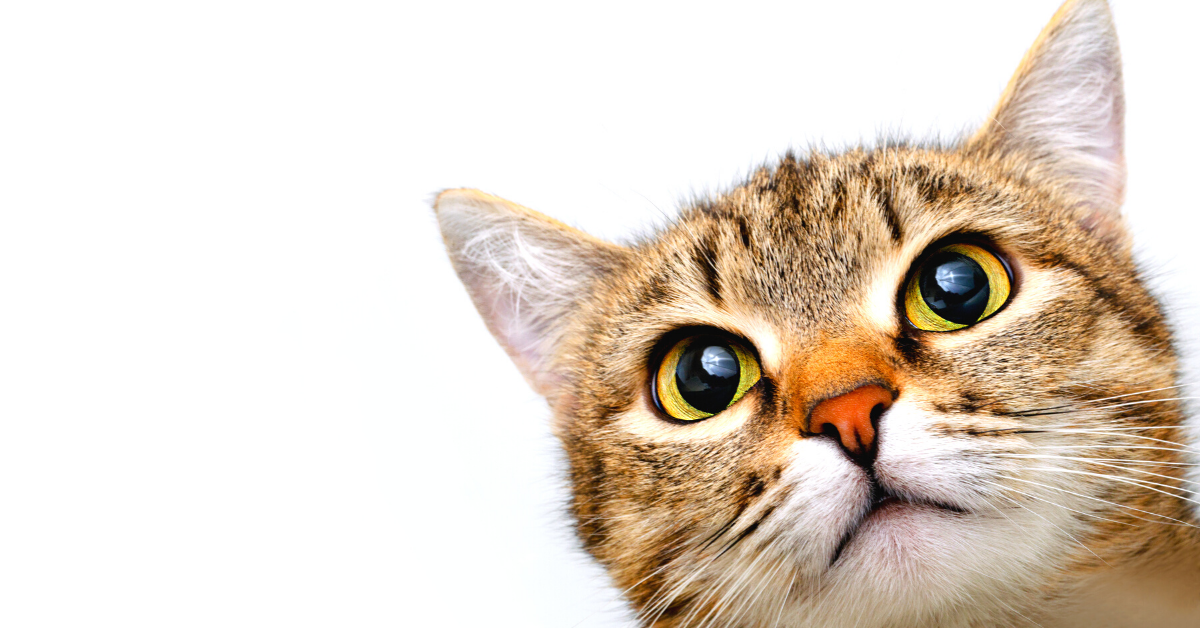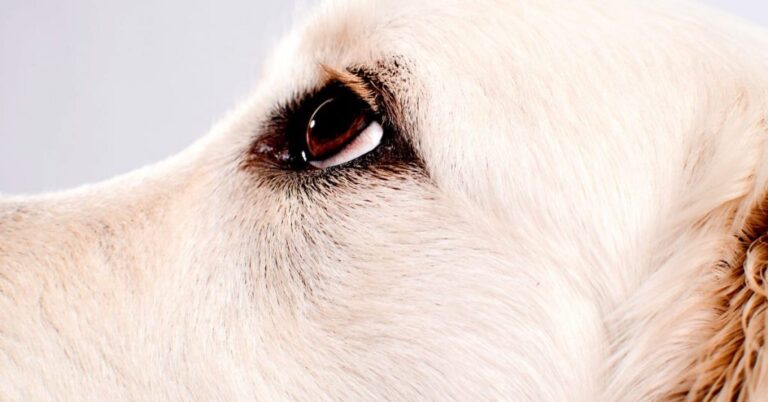Can Cats Have Allergies?
Reviewed by Erica L. Tramuta-Drobnis, VMD, MPH, CPH
Can cats have allergies? The answer is yes, your cat may be allergic to a range of substances that can be inhaled, consumed, or be in contact with.
Cat allergies happen when their immune systems become sensitive to substances surrounding them.
These irritating compounds, known as allergens, may not affect you or other animals in your house, but when your cat’s body works to get rid of them, they may show a variety of symptoms.
Learn more about the types of cat allergies, their signs, and how they can be treated.
Types of Cat Allergies
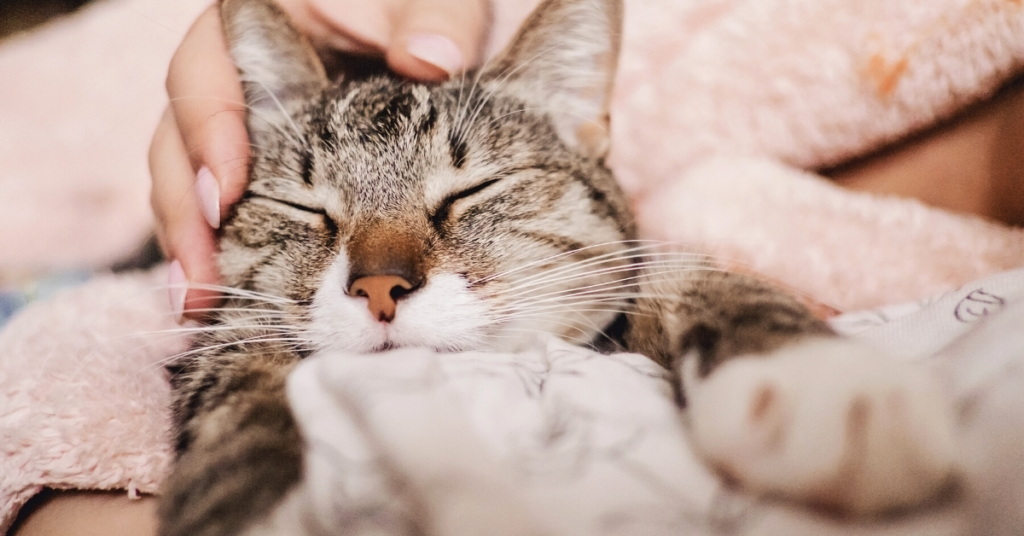
Environmental, flea, food, and seasonal allergies are the most frequent types of allergies in cats.
This section delves deeper into these allergies and the many ways they might impact your cat.
Flea Allergies
Flea allergies occur when your cat is bitten by a microscopic bug known as a flea, it develops an allergic reaction that can be quite uncomfortable.
Flea bites may damage a cat’s entire body, not just the area where it was bitten. Your veterinarian can assist you in selecting the best flea preventative for your cat.
Food Allergies
Certain foods may cause allergies in cats. Itchy skin, vomiting, and diarrhea are all possible side effects. Your veterinarian can assist you in determining which foods irritate your cat and developing a suitable diet.
Environmental Allergies
Pollen, grass, fungus, mold, and dust are examples of allergens found in the environment. Your cat may also be allergic to cigarette smoke, perfume, and various cleaning products.
Atopic Dermatitis
When a cat has allergies, their bodies typically respond by developing a skin disease known as atopic dermatitis. Your cat may develop skin sores, scabbing, hair loss, and redness as a result of this illness.
Signs of Cat Allergies

The most common signs of allergic reactions include:
- Skin that is irritating, or itchy
- Sneezing or coughing
- Itchy and runny eyes
- Vomiting or diarrhea
- Snoring
- Swollen or sensitive paws
Food allergy symptoms include itchy skin around your cat’s face and neck, as well as vomiting and/or diarrhea. It might be an indication of flea infestation if your cat’s back or tail is itchy.
Substances your cat inhales, such as smoke or perfume, might cause respiratory difficulties and snoring due to an irritated throat.
In addition, food allergies are sometimes accompanied by gastrointestinal problems, so avoid feeding your cat foods to which he or she is allergic.
Visit your veterinarian for a diagnosis and treatment options no matter what symptoms your cat is experiencing.
Diagnosis of Cat Allergies
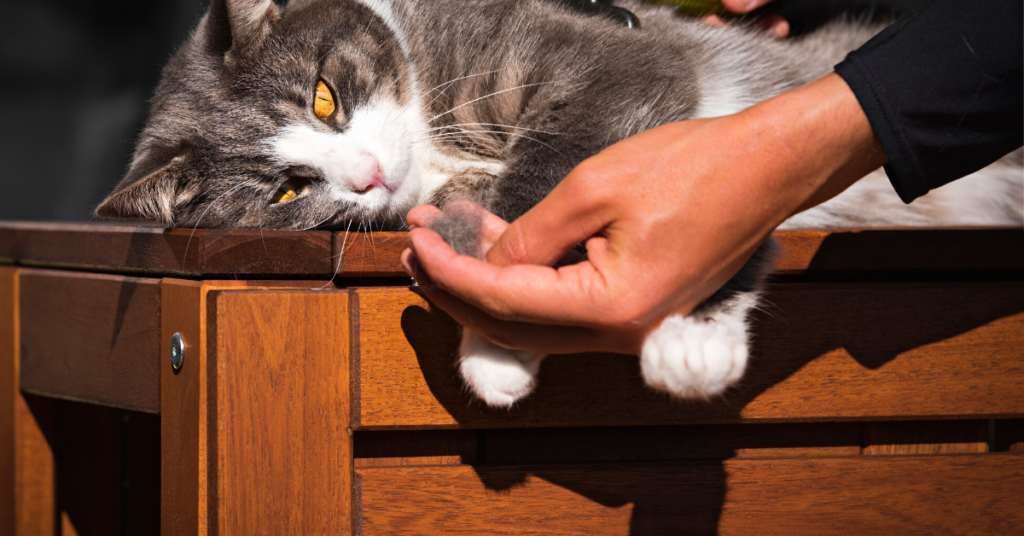
If your cat is allergic, the best thing you can do is take them to your veterinarian.
To establish the source of your cat’s allergies, he or she will do a full physical exam.
If your veterinarian believes your cat has allergies, he may do a blood test, skin test, or change your cat’s food to narrow down the causes.
If your veterinarian suspects your cat has a skin allergy, he or she may send your cat to a veterinary dermatologist.
Treatment of Cat Allergies

Removing allergens from your cat’s surroundings is the best way to treat cat allergies.
For example, if fleas are the source of your cat’s allergies, using veterinarian-recommended flea and tick preventatives can solve the problem.
If the problem is cat litter, switching to a dust free option could help. In fact, if your cat has been missing his or her litter box, this might assist solve a deeper problem.
Bathing your cat a couple of times each week will help relieve irritation caused by pollen, fungus, mildew, or dust. To avoid drying out your cat’s skin, ask your veterinarian for a shampoo recommendation.
If your cat has food allergies, you may need to feed him a prescription diet or even home-cooked dishes that are clean of the allergens.
If your cat is allergic to compounds in the environment, it may aggravate his or her asthma. Your veterinarian may give short-term drugs to open your cat’s airway; long term options include corticosteroids.
When to See a Veterinarian
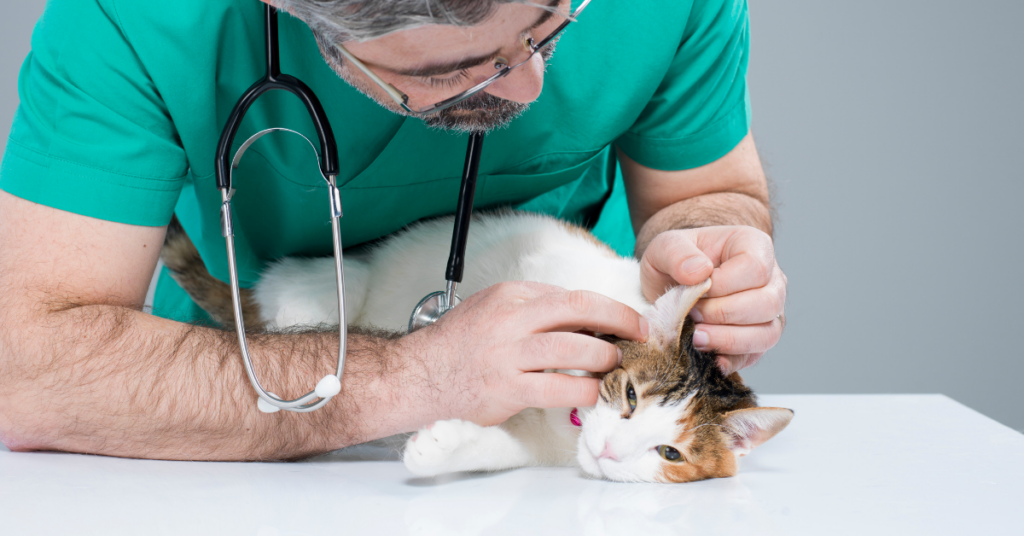
If you suspect your furry friend has some type of allergy, or showing signs of allergy, it’s best to take them to the vet.
Because there are so many different types of cat allergies, your veterinarian can help you figure out what’s causing your cat’s problems and how to treat it.

